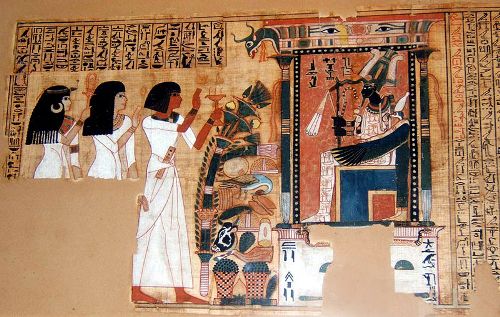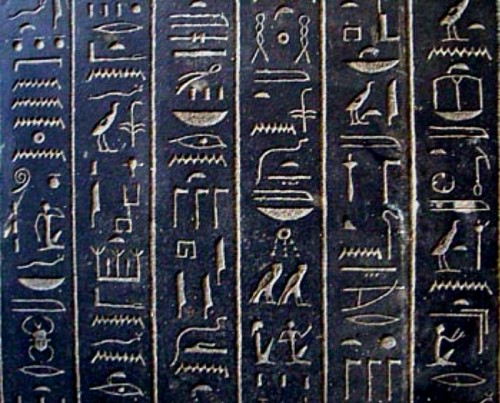10 Facts about Egyptian Culture
The Egyptian culture is always interesting to talk about, whether about the legends, figures or culture. Here some interesting facts about Egyptian culture to notice:
Facts about Egyptian culture 1: Queen Cleopatra
Egypt Queen Cleopatra, most people must be admire this legendary outstanding last queen of Egypt. All people assumed that she will be the most beautiful woman on earth, but some classical historians including Plutarch (from anonymous witness and documents) says that her charms lays on her demeanor, voice and intelligent.
Facts about Egyptian culture 2: pyramids were not built by slaves
Many classical historians tell us that those great pyramids were built by slaves by the numerous descriptions of assumptions. In fact, those pyramids build by regularly paid workers, even the worker also respected by their background or own skill for those who died during the construction of the pyramids were honor and buried in the tombs near the pyramids as they died to serve the pharaohs.

Egyptian Culture Facts
Facts about Egyptian culture 3: Mummification only for the rich and aristocrats
The ritual of mummification is based on Egyptian believes of “life after death”, the elites (rich and aristocrats) wants to make their corpses elegantly buried in coffins complete within the elegant tombs. This mummification was a very expensive and time-consuming ritual for the elites. On the other hand the regular people especially the poor, they just simply pits in the dessert. Get facts about Egyptian Afterlife here.
Facts about Egyptian culture 4: women have the equal right with men
The word “queen” in Egyptian culture just refers to the wife of the king. There are many influential kings female of the ancient Egypt who proves the equal right of politics among men and women. The most well known female rulers of the ancient Egypt were Sobeknefru, Hatshepsut and Tausret as the reigned queens. Hatshepsut herself was the most famous for rule Egypt 20 prosperous years.

Egyptian Culture Pic
Facts about Egyptian culture 5: incestuous marriage
Incestuous marriage is commonly happen among the royalties to save or cut the claimants of the throne. However, not always the crowned prince or royal princes married to their sisters, sometimes the queen mother also prepare their son/daughter in laws outside the palace. The brother sister marriage is never compulsory, whereas some of the royal descendants including Nefertiti were also non-royal birth.
Facts about Egyptian culture 6: hieroglyphs
Hieroglyphs is not the only Egyptian written form of language they consider to used hieratic or later demotic for daily business, because hieroglyphs time consuming to create. Get facts about Egyptian Jewelry here.

Egyptian Culture Image
Facts about Egyptian culture 7: no camel
Egyptian unlike the Arabian whereas so many people assumed that they often use camels as daily transportation as well as how the film’s producers describe it. In fact, they just commonly ride donkeys and the Nile Rivers naturally give them the simplest way of transportation using boat.
Facts about Egyptian culture 8: make up is a common spiritual thing
Make up were doing by both men and women for Egyptian. It has spiritual connection regarding to a sign of holiness of through the Gods. They commonly use full make up in their daily lives.

Egyptian Culture
Facts about Egyptian culture 9: polytheism
In fact, Egyptian polytheism consists of 2000 god and goddess who have their own responsibility to control some issues of daily life. They simply have their own God for everything, who in charge of all the daily matters.
Facts about Egyptian culture 10: afterlife
The Egyptian afterlife lays on the concept of the death means rebirth. The truly life is after the death itself, the point of the dead wait for eventual revival.

Facts about Egyptian Culture
What do you think on facts about Egyptian culture?

